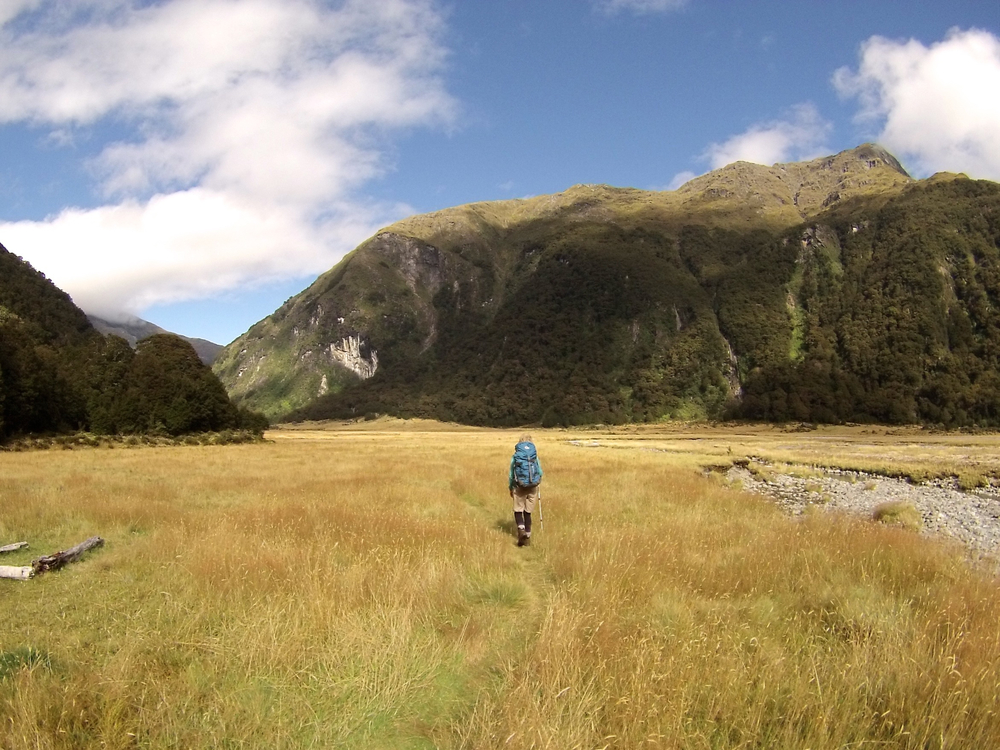Relationships matter.
They matter to the brain more than money.
They are the basis of our social hierarchy and the foundation of all business.
It was during our recent three-day wilderness tramp that the value and significance of our relationships was once again highlighted to me.
We were in an extremely remote spot, surrounded by forest, mountains and waterfalls. A place that has stood largely untouched by man over the millennia when we met four fellow trampers, who shared a very special relationship.
These four had met as young men at University and formed a bond through their shared love of tramping. Since then, they had variously married, had families, worked in different jobs and moved to different places to live.
But once a year or so, they come together – for a walk. Taking time out from their other lives, to walk together for a week or so and catch up.
They have been doing this for forty years.
Their easy going camaraderie, friendship and enjoyment of each others company was a joy to behold. They were an effective team, sharing tasks and bad jokes. They offered us a share in their billy tea and delicious home made biscuits – something definitely not to be turned down after many hours of hard walking and the alternative to a reconstituted, dehydrated dinner!
But how often do we allow our relationships to wither and die, (often unintentionally), whether they are business related or friends. We are all so busy, it is too easy for the weeks or the months to slip past until you suddenly realise that it has been an embarrassingly long time since you caught up.
And sometimes it is too late.
In 2013 I headed back to Bristol in the UK for my university graduation reunion. It was a great event and we all remarked on how much we had grown (sometimes mostly around the middle) in the intervening years. One person had travelled from the U.S. to be there. He was perhaps one of the most successful of our year academically, but became visibly upset to discover that one of his former best friends had died five years before, and he hadn’t known.
He gave a short speech to the collective group that was supposedly to talk about his career success, but instead he spoke about how bad he felt for not knowing about his friend’s death and not making more effort to stay in touch.
Humans are born to be socially connected. It is as essential to us as our air, food and shelter. Social cognitive neuroscience confirms that enjoying a sense of relatedness, of belonging, is what makes the biggest difference to how hard we work, how much we contribute to a team effort and our happiness.
In our increasingly busy, complex and demanding world, if we fail to heed or nurture our relationships we put ourselves at risk of:
Social isolation – a well know health hazard and contributor to an early demise
Unhappiness – and life is too short to spend it being miserable
Missed opportunities – to explore new options, experiences and ideas
Reduced success – whatever your definition of success might be, it is likely to include a sense of achievement and fulfilment.
Are there any friends or family members you haven’t been in touch with for a while?
What about your business contacts?
While attending networking groups and functions may sometimes feel tedious or hard work, it is only through actively maintaining our relationships that we can stay on someone else’s radar, for future opportunity and prospects.
What system do you have in place to stay in touch?
Are you a bit haphazard and rely on others to stay in contact with you?
Or are you methodical, routinely picking up the phone to say “Hi”, sending a text, an interesting article or referring others?
I’d love to hear your thoughts.


